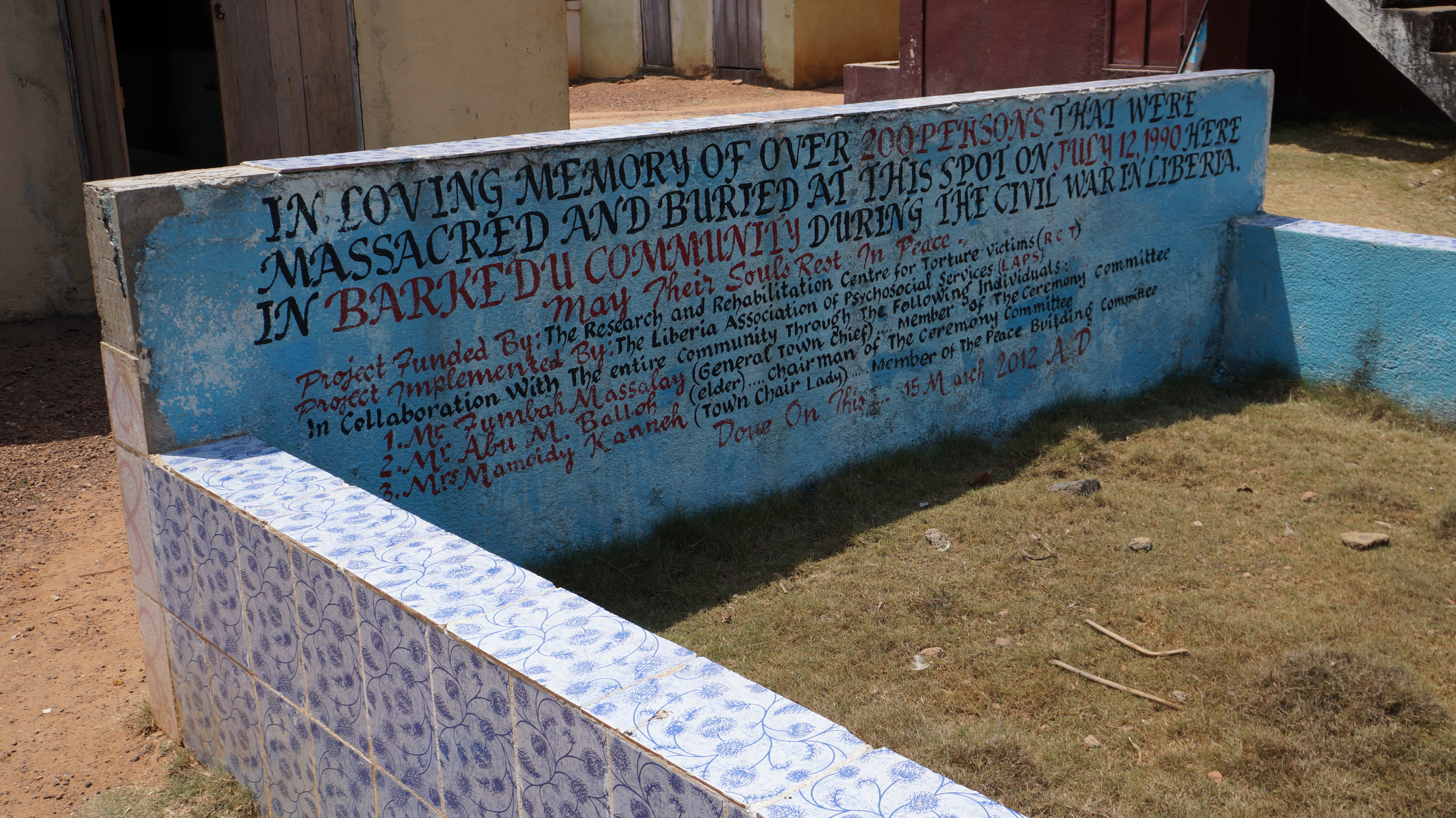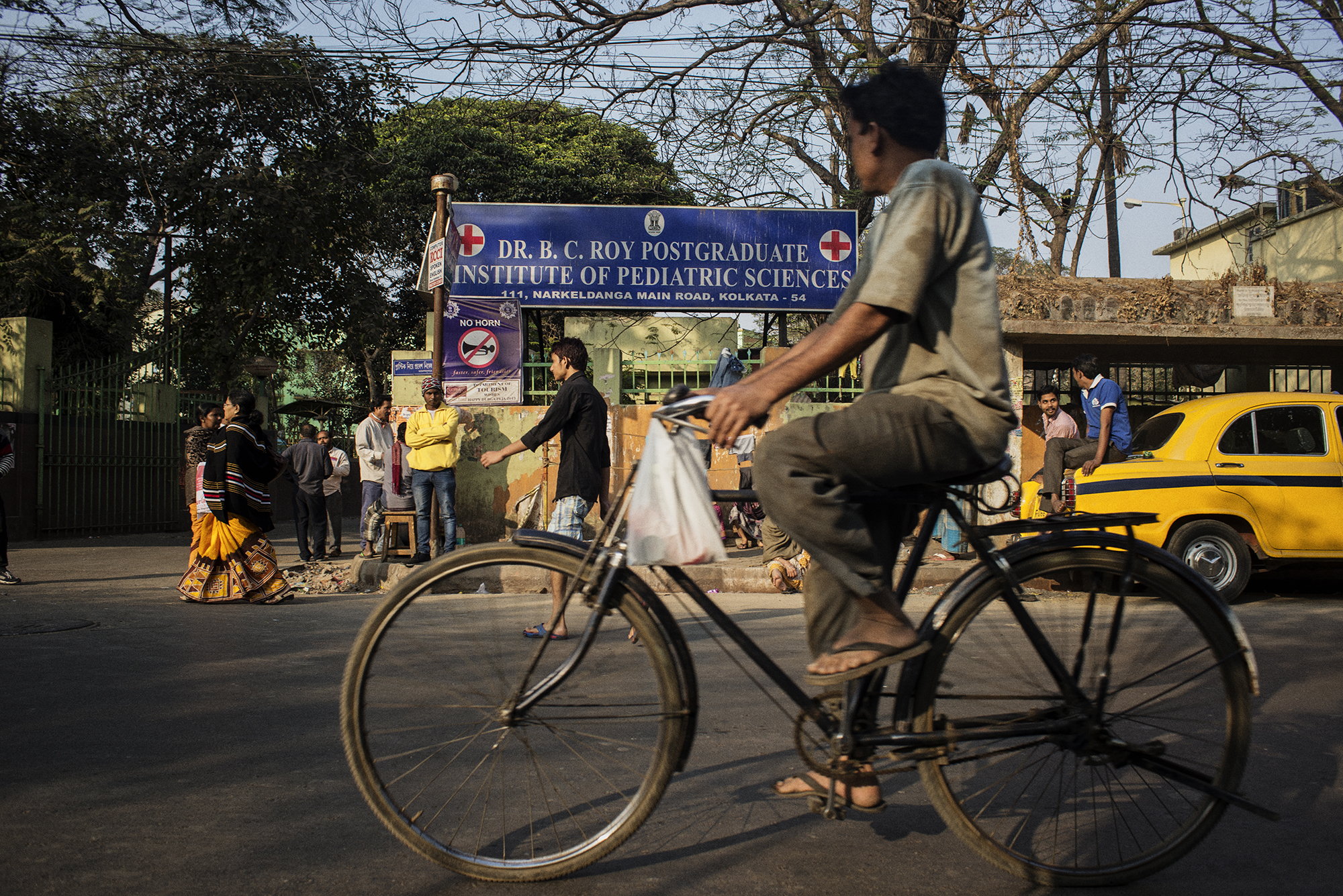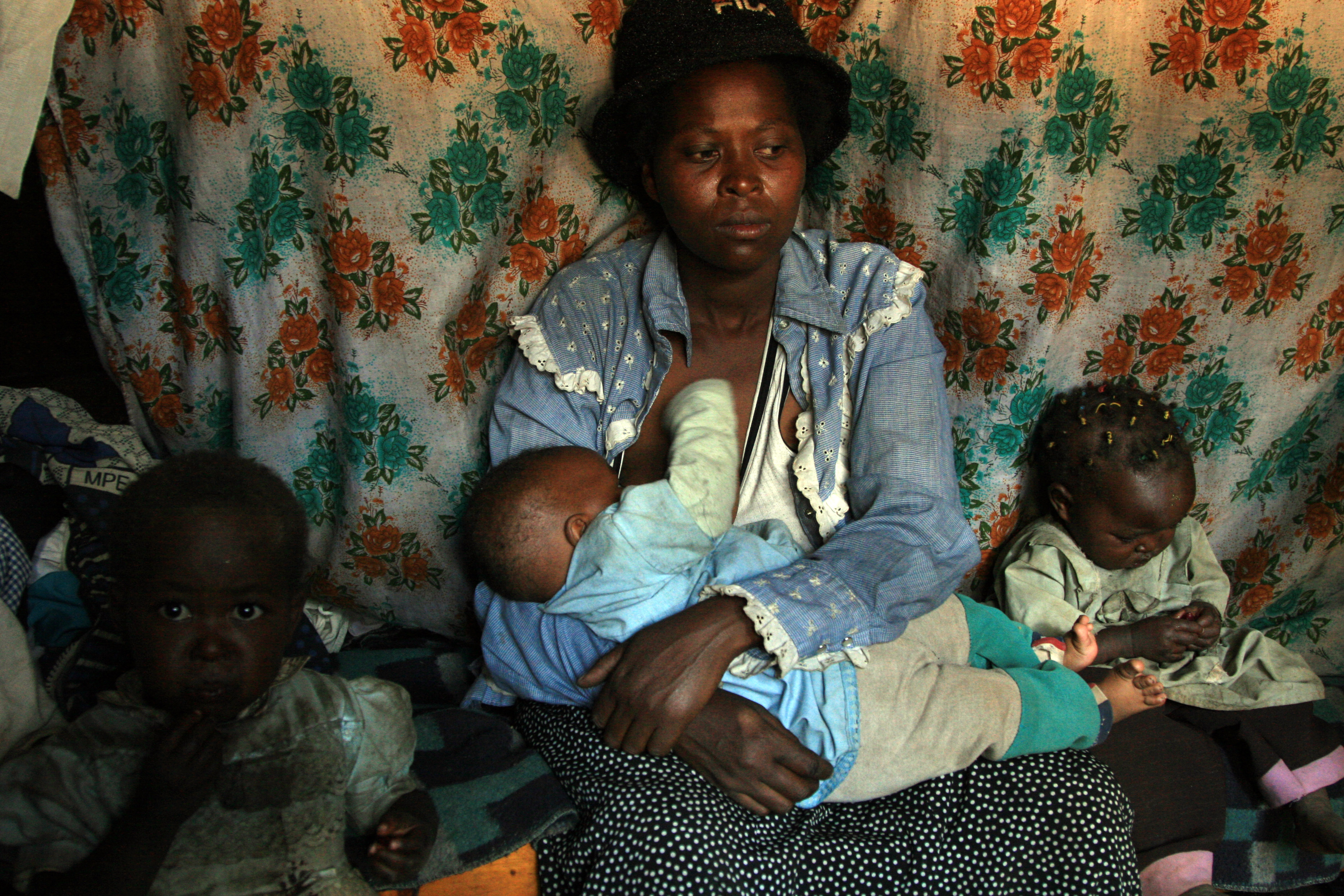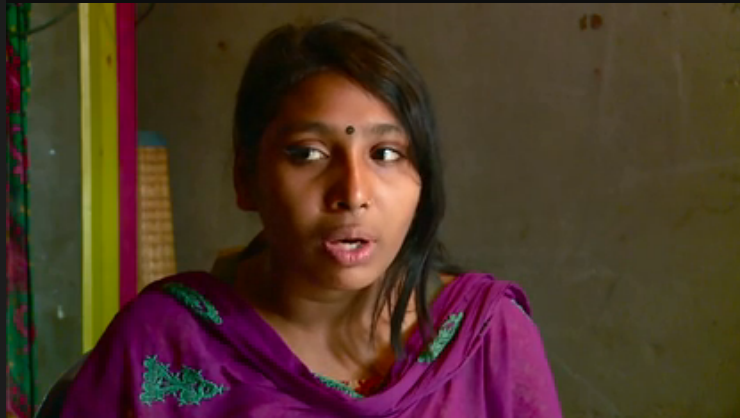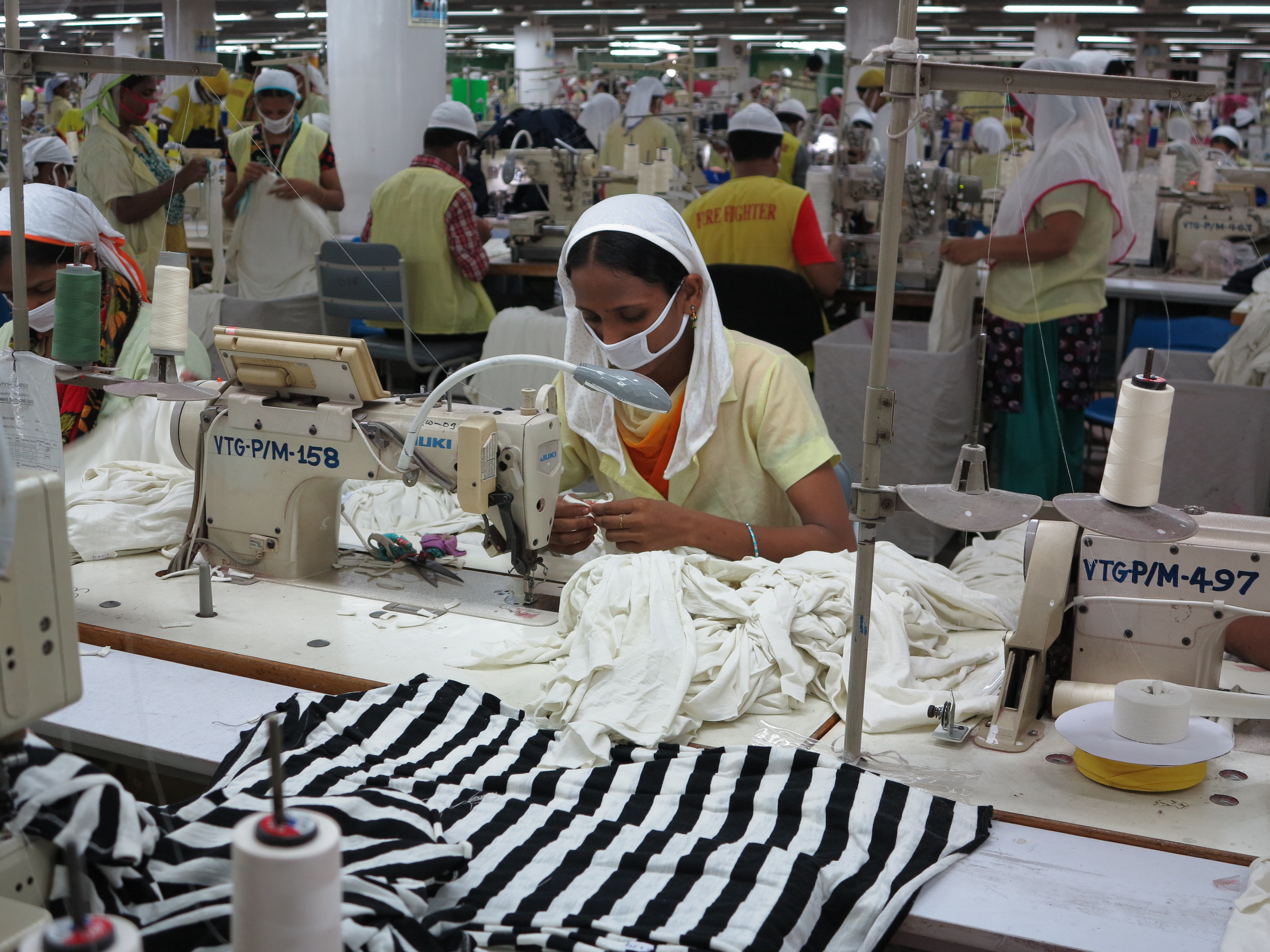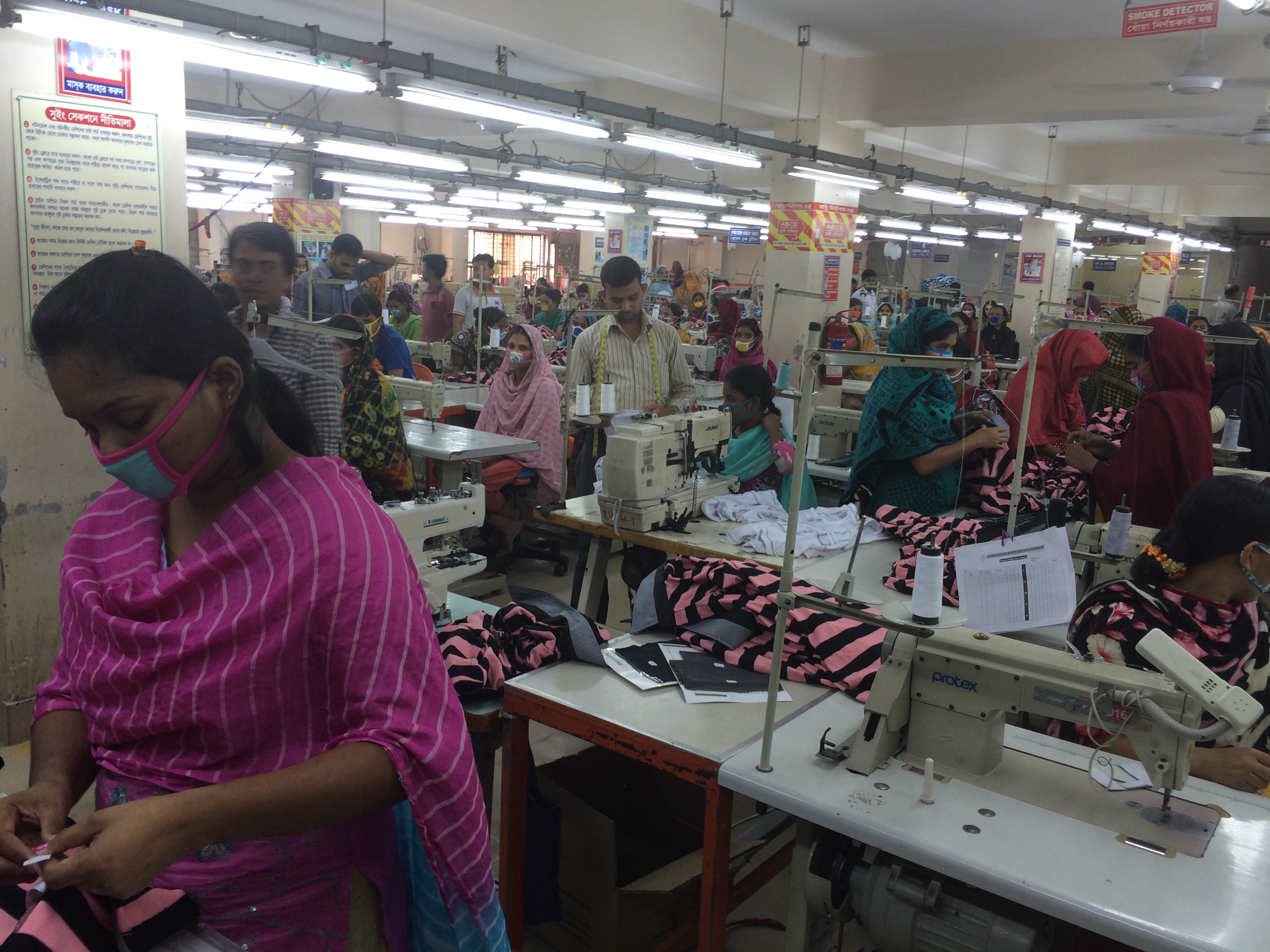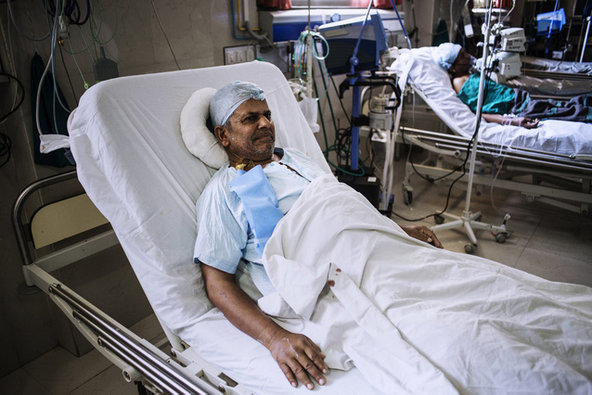Human Rights
According to the United Nations Universal Declaration of Human Rights, all human beings are born free and equal in dignity and rights. And yet around the world, many people are denied basic human rights, or find their rights under threat. Pulitzer Center stories tagged with “Human Rights” feature reporting that covers the fight for equality under the law, civil rights and the basic dignity afforded every person. Use the Pulitzer Center Lesson Builder to find and create lesson plans on human rights.
-

Years after the end of brutal, decades-long civil war, Liberia has little in terms of a mental...
-

One year after the collapse of Rana Plaza many workers in Bangladesh still depend on garment-making...
-

Education Resource
Larry C. Price Reports on Small-scale Gold Mining
Photojournalist Larry C. Price traveled to the Philippines and Indonesia to document the use of...


